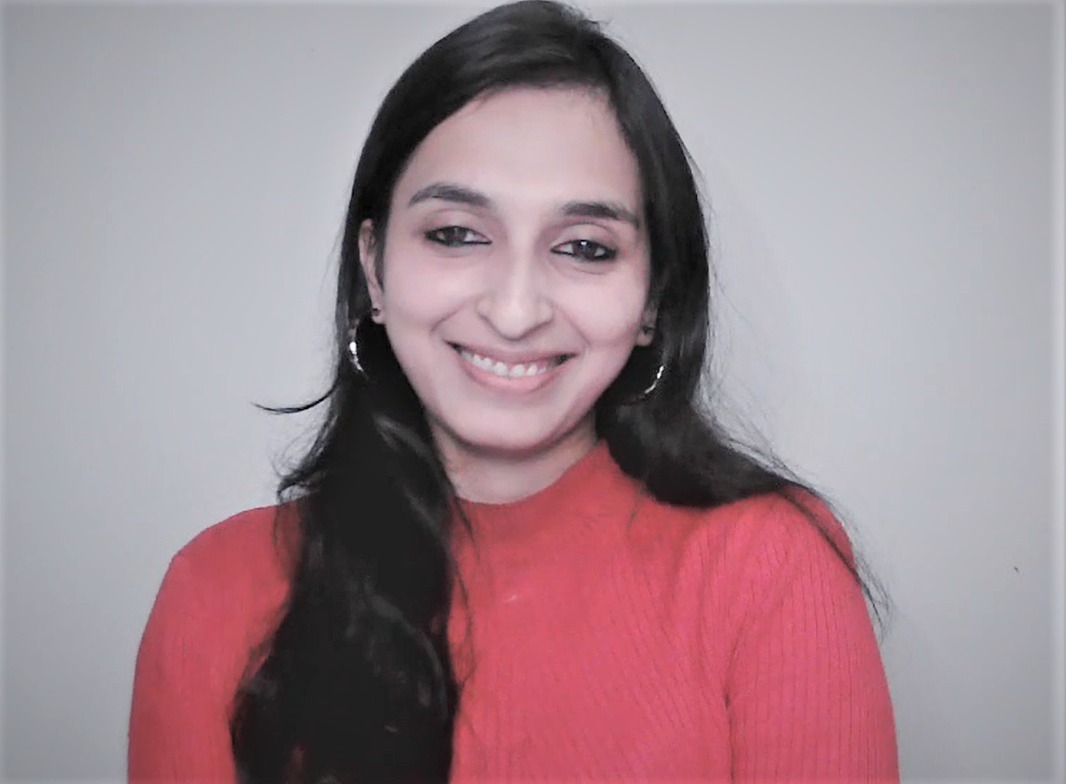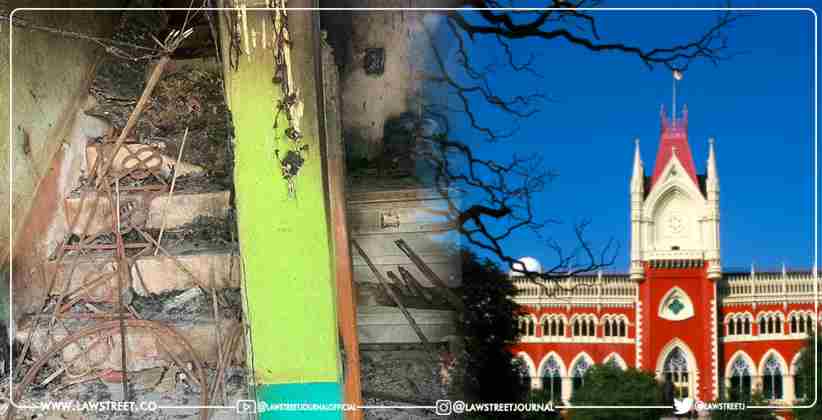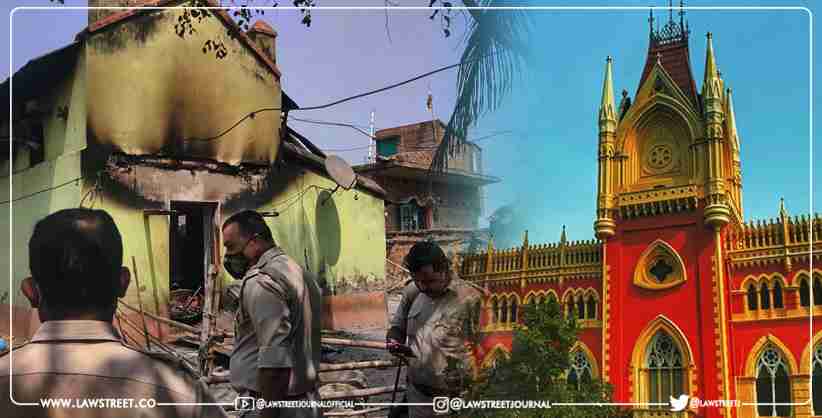KOLKATA: The Calcutta High Court was recently hearing a PIL posing the larger question as to whether animals can be slaughtered in the name of God at all, as part of any religious practice or ritual.
The question was raised by the petitioners represented by Adv. Rachit Lakhmani, who also sought an interim prayer against the slaughter of 10,000 goats in the Bolla Ma Kali temple in the Bolla village of West Bengal.
While pressing for interim prayer the counsel clarified to the Court that the petitioners were not targeting any specific religion but in fact posing the question for all religions and all festivals, including sacrifice of cows and bulls on Bakri Eid and sacrifice of goats in Ma Kali temples.
"The Court will need to decide at some point whether animals can be slaughtered at all in the name of religion," Lakhmani urged the Court.
The Court observed that while directions against mass sacrifice already exist, despite the same, "in the heart of Kolkata", on another festival (referring to Bakri Eid) two lorries were parked in the middle of a public road and animals were slaughtered in the open space between the lorries.
The state of West Bengal opposed the interim prayer, squarely refusing to make any commitments on the implementation of existing directions against mass sacrifice, saying it was not possible to implement the said conditions on such short notice as 'law and order' situations could arise.
The counsel for the state of West Bengal also argued that religious sentiments of thousands of people were involved in the matter, and people from across states, and not just West Bengal travelled to Bolla for the festival.
On a lighter note the counsel asked if anyone from the Court itself was willing to go to the ground to enforce the anti-slaughter laws and conditions, and questioned whether it was practical to expect the police to be able to handle the crowd.
The petitioners still maintained that if not all at least the most basic legal conditions as provided for under the Prevention of Cruelty to Animals (Slaughterhouse) Rules, 2002 must be implemented.
These include not slaughtering any animal in sight of another, slaughtering in licensed spaces (whereas neither temples nor mosques are licensed slaughterhouses), not slaughtering pregnant animals or those with offspring of less than 3 months of age, and requiring a Fitness Certificate for every animal sacrificed/slaughtered.
The petitioner also pressed that "having to watch an open bloodbath (in a civil society) violates the citizens' fundamental right to life and good health under Article 21 of the Constitution."
However, the state of West Bengal refused to commit to ensure the compliance of the existing laws, saying it would not want to be slapped with contempt proceedings in case of failure to comply.
On the other hand, Akhil Bhartiya Krishi Gauseva Sangh also sought to intervene in the case.
It is pertinent to note that while there is a saving provision in the Prevention of Cruelty to Animals Act, 1960 which protects religious sacrifices, however even these religious sacrifices must adhere with existing slaughter laws.
Imposing strict adherence to these existing legal conditions, the Court posted the matter for further hearing in March to decide the larger question.
The Court also directed the 'Temple Committee' in Balurghat to comply with all the conditions which the Dakshin Dinajpur district authorities had imposed on it over its bid to sacrifice over 10,000 goats in a day.
The direction was passed by the Division Bench of Chief Justice TS Sivagnanam and Justice Hiranmay Bhattacharyya.

.jpg)







![Calcutta High Court judge directs Supreme Court's Secy Gen to produce transcripts of his interview [Read Order]](/secure/uploads/2023/04/lj_1579_7e4dbb08-78fb-4ca1-9c70-c7173a6c80a9.jpg)
![Calcutta High Court to Examine Plea for Free and Fair Panchayat Polls in West Bengal [Read Petition]](/secure/uploads/2023/06/lj_4382_3e5171bc-a688-49d1-831d-1bbe4f327d07.jpg)




